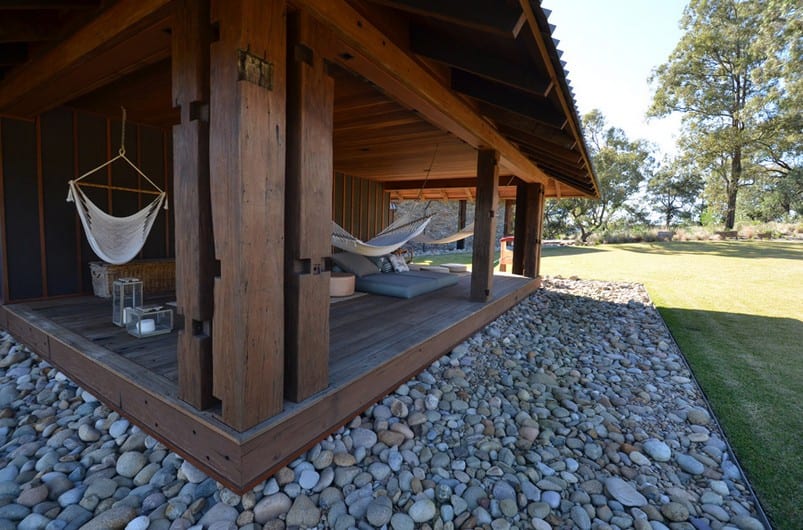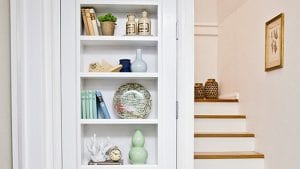Last Updated on September 27, 2019 by teamobn

In the previous article we talked about the decking checklist. Have you developed your own checklist yet? Why not share it and your thoughts and ideas by commenting below. You’ll be helping others by doing so. Now, let’s move on to the next stage…
Now that you know what to consider before starting your deck, let’s move on to deck design and function.
One of the most important things to consider when building a deck is the design. A deck design doesn’t come out of nowhere. It should be well planned and specifically suited to fit the owner-builder’s needs and preferences.
The best deck design is one which you have created yourself. Below are the things you need to consider when designing a deck.
Purpose
A deck is designed in accordance to its function. You might intend to use your deck for relaxation, extra living place, a barbecue area, or perhaps a place where you can hold a party. These functions have corresponding designs that may require different considerations.
Location
The location depends on your preference as owner-builder. You can have your deck built to the front, back, or side of your house. You can have it freestanding or attached to the house. The only thing that matters is that it works for you.
Available Area
The location determines the size of the deck. Ideally a deck is built on the widest space available on the lawn. You need enough space for the deck itself, and extra space around it as an allowance. No matter how small our deck is, established allowance will make it look spacious.
Positioning
Deck positioning determines the view seen from the deck. The right view can determine the positioning and facing of a deck.
Conditions present in the location
It’s also important that we evaluate our surroundings and determine what conditions our deck is exposed to. Is it prone to fire, extreme and varying weather conditions, or large vegetation such as trees? Ensure that the deck design is able to handle these conditions. For example, fire extinguishers may be required if the deck is built on fire prone area.
Height of the deck
Decks are commonly elevated. Some decks have multiple levels. Others are situated on top of slopes. The height of the deck determines whether or not it requires railings for safety and aesthetic purposes.
Structures you might install in the future
You might change our mind in the future so it might be better to save some extra space just in case you need to install a new structure or feature.
Safety
Safety is one of the top priorities when building a deck. Railings are mandatory for elevated decks. If you’re planning to set up a barbecue grill it’s a must that you have a fire extinguisher within arm’s reach. Electrical installations must be properly established to avoid fire. Every deck must have adequate safety features depending on the design.
Permits
Local councils may have certain standards and requirements for decks. Learn the requirements of the permit and coordinate with the council to meet all the building criteria. It may be a hassle but it will save you a lot of grief in the long run.
Insurance
A deck adds value to a home. The higher the value of the property the more expensive it is to insure. Certain conditions may also affect the cost of the premium. Consult with your insurer first. Know how much your premium will cost if you decide to add a deck.
Maintenance
Adding a deck means that you’re also adding an extra space that will require maintenance. The kind of maintenance involved depends upon the design, location, and size of the deck. Consider the amount of maintenance involved when designing a deck. After all, what we want to achieve is extra living space for relaxation and entertaining, NOT a space that requires excessive cleaning and maintenance.
Next, we’ll be focused on material selection. There are lots of alternatives so we’ll cover the pros and cons of each.
Can you already visualize a concept for your deck design? Do you think there’s an aspect you forgot to consider? Do you have other thoughts about deck designs and function? Leave your comments below and also consider joining our design and build discussion group.








